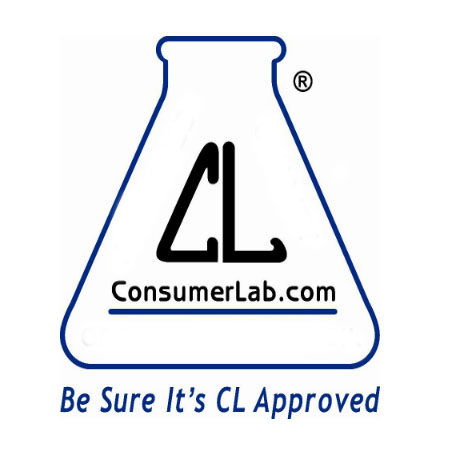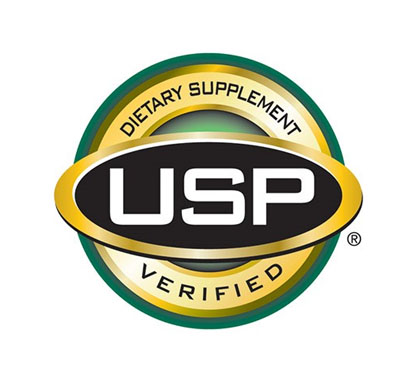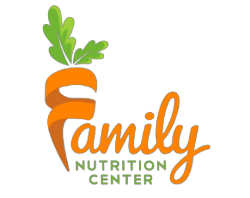
What You Need to Know
- Dietary Regulations and Quality Certification
- Nutrition Consideration
- Dietary Deficiency
- Medication and Herbal Interactions
- Disease Related
- Toxicity
- Meal Planning
Dietary Supplement Regulations and Quality Certification
Dietary supplements fall under the Food and Drug Administration (FDA), but they are not regulated the same way as food. The regulatory responsibility falls on the companies who make them. There are companies providing reliable supplements, but you need to know what you are buying and what is safe to consume.
Companies have sought third-party testing for quality certification. When purchasing supplements check the certification. Look for a supplement that has been third-party tested by one of the following:
ConsumerLab.com  | NSF International  | United States Pharmacopeial Convention |
Recommendations
1. Inspect label for quality certification.
2. Request information about the effectiveness, safety, and quality of their products.
Nutrition Considerations
Taking a multivitamin helps provide additional nutrients, but do you really need these extra nutrients? Whether it’s challenging to eat a nutrient-rich diet or your body isn’t absorbing certain nutrients, supplementing can be a good option, especially for certain groups—pregnant women, kids, people with chronic conditions, vegans, etc.
- Iron deficiency is most common in women and young children. Low iron can cause anemia. An iron deficiency can be detected by a blood test.
- Vitamin D is another vitamin that can be hard to get through your diet. Vitamin D can be made from exposure to the sun, and it’s important for healthy bones and a healthy immune system. Vitamin D can be found in some fortified foods.
- Other nutrients we tend to miss out on are vitamin B12 (especially for vegans), magnesium, calcium, and potassium.
- Excessive intake of some nutrients can be toxic. Just because vitamin A is good for you, doesn’t mean that more is better. When supplementing it is easy to go past the tolerable upper limits where adverse effects can start.
- Supplements can also interact with medications and herbs. Check with your health care professional to make sure there is no adverse interaction with your current medication.
Some people feel taking a multivitamin or dietary supplement is like an insurance policy; especially on days when you know your diet is lacking. A supplement cannot replace the healthy things you find in food, such as fiber and antioxidants.
There are supplements that may benefit you and your health goals and needs but talk to your health care professional before you start a supplement regime while planning healthy meals.
Next Blog Topic: What You Need to Know About Cholesterol
Contact Family Nutrition Center to schedule an appointment with our Registered Dietitians. Let us help you meet your health and nutrition goals.




